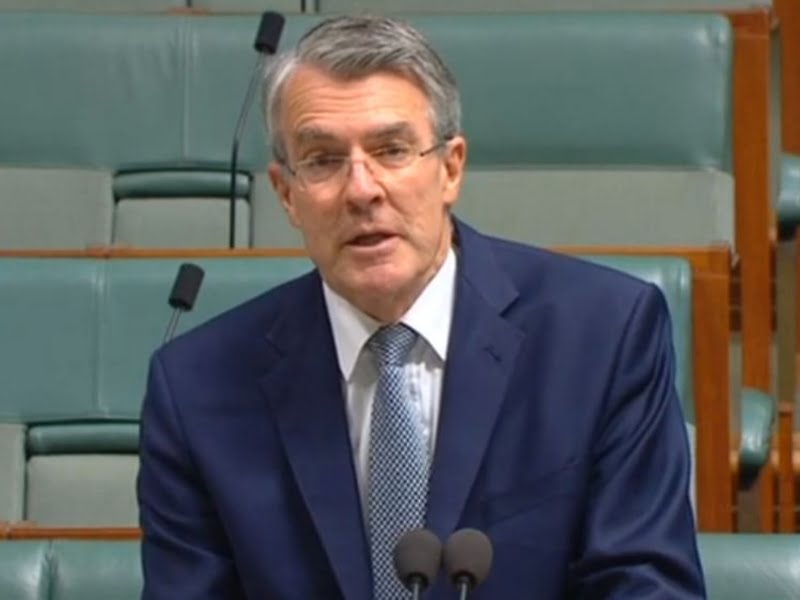The Opposition has attempted to fix to the highly controversial encryption legislation that it passed into law late last year, but further amendments won’t be debated until April at the earliest.
Labor senators presented a number of amendments to the Assistance and Access Bill that grants new powers to authorities and agencies to compel tech companies to provide access to encrypted data, which it supported during a farcical last sitting day of 2018.
An amendment changing the definition of “systemic weakness” was approved by the Senate, as were the government’s own amendments that extended the encryption-busting powers to anti-corruption bodies and brought forward a review of the Act.

But four other amendments to the Act will not be debated in the senate until the start of April at the earliest.
During continued debate in the Senate on Thursday morning, Labor senators all but admitted the laws they supported late last year damaged the integrity of encryption as a whole and the security of Australians.
The first amendment repealed the Act’s definition of “systemic weakness”, replacing it with “any act or thing that would or may create a material risk that otherwise secure information would or may in the future be collected, accessed, used, manipulated, disclosed or otherwise compromised by an unauthorised third party”.
The amendment was passed by the Senate, despite government senators voting against it.
But further debate on three other Labor amendments and a Greens amendment has now been postponed until the next sitting day, which isn’t until 2 April.
The government had earlier introduced two minor amendments to the Act, extending the encryption-busting powers to anti-corruption bodies and making a review of the Act earlier. The amendments were supported by the Opposition and the Greens.
The government and Labor amendments that have been passed will also need to be sent back down to the House of Representatives for approval.
The Greens said that the government and Labor amendments just “make a dreadful piece of legislation a little less bad”, and that the party would be looking to repeal the Act entirely.
The government amendments did not satisfy the Opposition either, despite the party voting for the original legislation unamended last year.
Speaking in the lower house on Tuesday, shadow attorney-general Mark Dreyfus accused the government of reneging on a deal made last year to further amend the Act in line with a joint committee report.
“It is not tenable, as the government continues to argue, that its amendments largely implemented the committee’s 17 recommendations. No reasonable person accepts that. This fiasco of law-making is what a job well done looks like to this chaotic government,” Mr Dreyfus said.
While speaking in support of Labor’s change to the “systemic weakness” definition, Mr Dreyfus all but admitted that the laws supported by his party last year have damaged the online security of Australians.
“This amendment is not some minor, technical matter to be left in the too-hard basket by a government distracted by its internal chaos and focused on nothing but clinging to power. This amendment is necessary to help protect the personal information and, therefore, the security of virtually every Australians who has a smartphone or who uses the internet,” he said.
The other Labor amendments will look to add more judicial oversight to the new powers, and to refer the Act to a parliamentary committee to investigate the economic impact of the encryption-busting powers.
Speaking during the debate in the Senate, Greens leader Richard Di Natale was highly critical of Labor’s earlier support of the encryption bill.
“They stood with the Greens and made it very clear that they believed this legislation was bad legislation. Yet all it took was for the government to throw around those two words, ‘national security’, and the Labor Party went to water. This is bad legislation, and that was the view of the Labor Party before they caved. There are good people within the Labor Party arguing that this bill should not pass. Sadly it seems they have lost,” Senator Di Natale said.
“We have both parties now willing to destroy the future of Australian businesses that develop software. International people are looking at this bill and the signal this sends to the rest of the world is we can’t trust software that has been developed here. We cannot trust Australian technology. The government with support of the Labor party are sacrificing our IT industry.”
Do you know more? Contact James Riley via Email.

